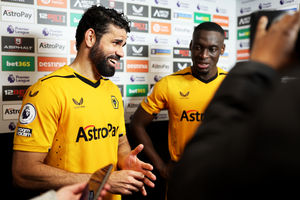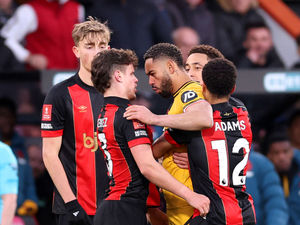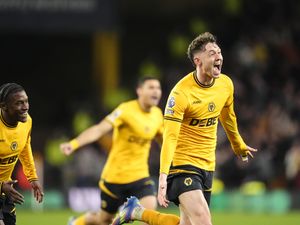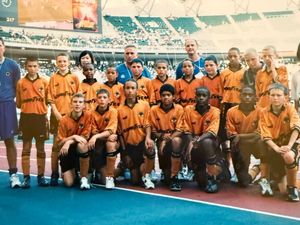Johnny Phillips: Wolves finally get a grip of things on and off the pitch
The last time Wolves had relegation concerns it was consecutive victories against West London clubs that went a long way to lifting the gloom.

Paul Lambert’s side beat Brentford and Fulham on the road to all but secure their Championship status in 2016/17.
This time around there is more at stake, but home wins against Chelsea and Brentford represent a huge step forward.
A month earlier, the picture was bleaker.
The damaging home defeat to Leeds United was scrutinised at length. A team under-performing, a head coach who did not know his best XI, a management team losing control on the touchline and players diverting their attention to match officials rather than the task in hand.
Two swallows don’t make a summer, to mangle Aristotle, but there has been an assurance in the last couple of performances that should put supporters’ minds at ease.
Players appear focused on their jobs, winning individual battles while playing as a team – be it snuffing out danger at the back, asserting control in midfield or creating opportunities in attack.
Julen Lopetegui made some pointed remarks in the aftermath of the Brentford match, when discussing the emergence of Toti Gomes as a first-team starter.
“Toti has been out of the squad for a lot of matches but he continued working and was ready,” said the head coach. “This is one good example for the rest of the players too. The only way you can be ready is to work hard every day.”
The work ethic is coming back into the Wolves squad after falling short under the previous regime.
Lopetegui’s backroom staff have the authority on the training ground that Nuno Espirito Santo’s coaching team once did, but was missing throughout the Bruno Lage era when Wolves’ running statistics – in particular – fell well below par.
Oscar Caro’s arrival as fitness coach has helped turn the tide.
Having worked with Lopetegui at Spain, Real Madrid and Sevilla, he is trusted to take sessions in the way both Antoni Dias and Joao Lapa did during Nuno’s time here.





